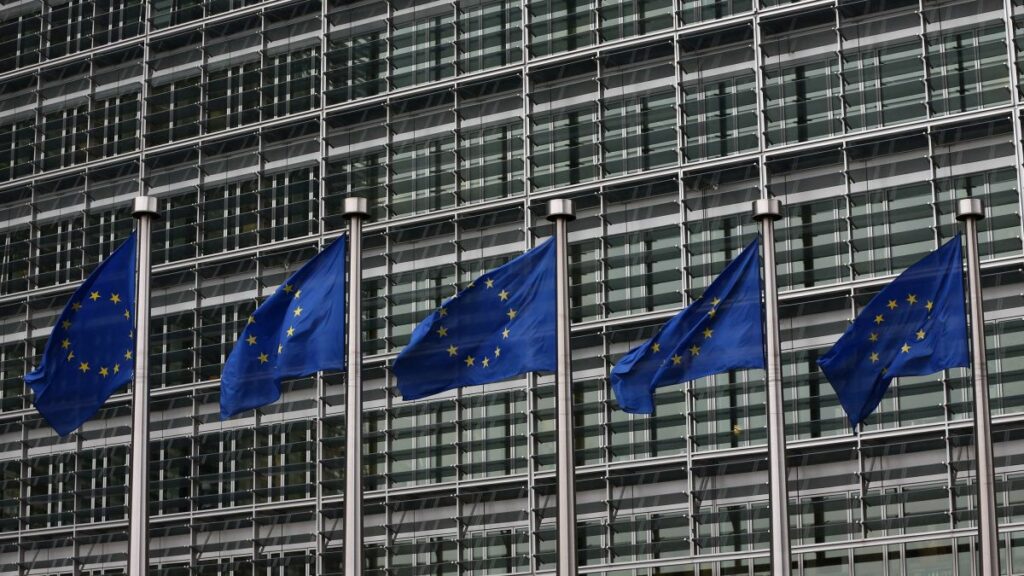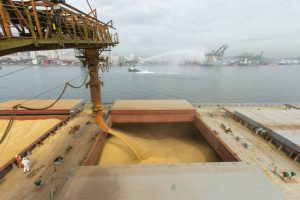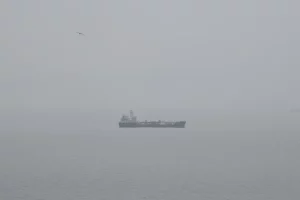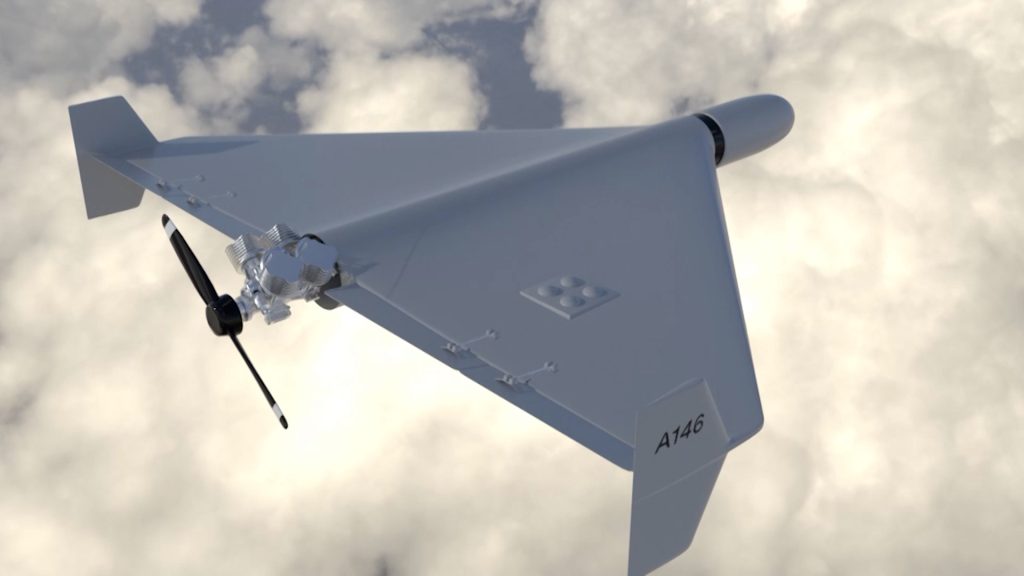The EU Council has imposed sanctions against 74 vessels of the “shadow fleet”

The European Union has adopted its 16th package of sanctions against Russia ahead of the third anniversary of its invasion of Ukraine.
The new restrictions include a ban on imports of Russian aluminum, as well as sanctions against 73 ships, 53 individuals and 13 banks, the EU Council website said.
The Council of the EU also introduced two new criteria for imposing sanctions on people and companies that own or operate vessels in the “shadow fleet”.
New vessels have been added to the list of vessels that are banned from entering ports and receiving a wide range of services related to maritime transport. The measure targets non-European tankers that are part of the Russian “shadow fleet”, which circumvents the mechanism for limiting oil prices, supports the energy sector of a terrorist country or is involved in the transport of military equipment for the Russian Federation and stolen Ukrainian grain.
Today, 74 more vessels from third countries were sanctioned, bringing the total number of blocked vessels to 153.
The EU also introduced further restrictions on the export of goods that contribute to the growth of Russia’s industrial potential (chemicals, certain plastics and rubber) and their transit through Russia, as well as further restrictions on the import of primary aluminum.
In addition, the EU prohibits any transactions with certain ports and airports in Russia that are used to transfer drones, missiles and related technology and components to the Russian Federation, as well as to circumvent oil price restrictions or other sanctions measures “through illegal and risky shipping practices.”
This ban includes access to their facilities and the provision of any services to vessels or aircraft.
USM previously reported that the Verkhovna Rada proposes to impose sanctions against vessels of the “shadow fleet.”





